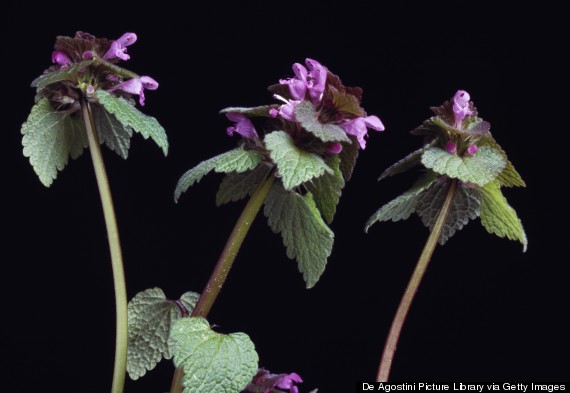The Center for Sustainable Development has been collaborating with the GO DUTCH Consortium (GDC) on a semester-long case study project that integrates academics, research, landgrant programs and Dutch expertise to originate comprehensive solutions to a case study. The focus of the case study is the Lincoln Heights neighborhood in Washington, D.C. Go Dutch is a network of firms covering the fields of urbanism, architecture, clean technology, change management and social economic, strategic and financial consulting.
Since January 2014, representatives from GO DUTCH and participating UDC classes have collaborated on an applied, integrated research project that incorporates principles and practices learned in the traditional course curricula (nutrition and food science, respiratory care, urban sustainability, public policy, architecture). The purpose of this initiative was for students, faculty, and Dutch experts to exchange knowledge and use sustainability in an applied case study scenario.
"Chinese philosopher Lao Tze once said 'Pots are formed from clay, but the empty space within it is the essence of the pot,'" explained Bart Mispelblom Beyer, Chairman of Go Dutch. "In this scenario, the essence of a good functioning neighborhood is the space between urban living rooms and urban corridors, where social interaction takes place."
"Chinese philosopher Lao Tze once said 'Pots are formed from clay, but the empty space within it is the essence of the pot,'" explained Bart Mispelblom Beyer, Chairman of Go Dutch. "In this scenario, the essence of a good functioning neighborhood is the space between urban living rooms and urban corridors, where social interaction takes place."
The interdisciplinary project helps to develop: integration, experiential learning, teamwork, communication, leadership and problem-solving skills, explained Dr. Dwane Jones, Director, Center for Sustainable Development and the UDC lead on the project.
"Interdisciplinary learning is the beauty of this project. We provide a framework for the students to work within," explained Dr. Elgloria Harrison, Assistant to the Dean for Academic Programs & Climate Initiative, CAUSES. "This promotes the growth process."
"Interdisciplinary learning is the beauty of this project. We provide a framework for the students to work within," explained Dr. Elgloria Harrison, Assistant to the Dean for Academic Programs & Climate Initiative, CAUSES. "This promotes the growth process."
Located in Ward 7 of the District, Lincoln Heights offers low-income housing east of the Anacostia River. The area has a high crime rate, is food insecure and lacks public access accessibility due to its secluded location (the area is a twenty minute walk from the nearest metro station). Ironically, Lincoln Heights is located in the greenest Ward in the District.
















